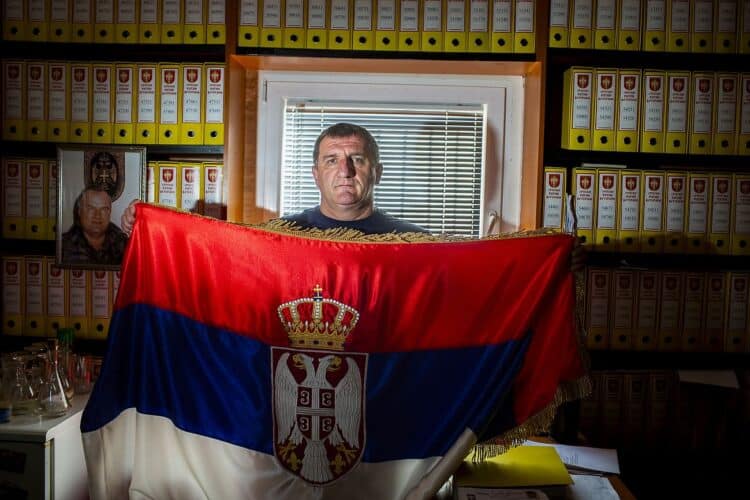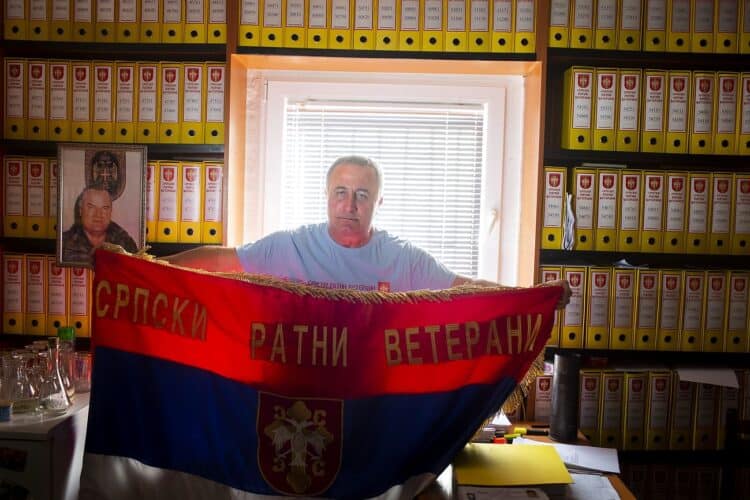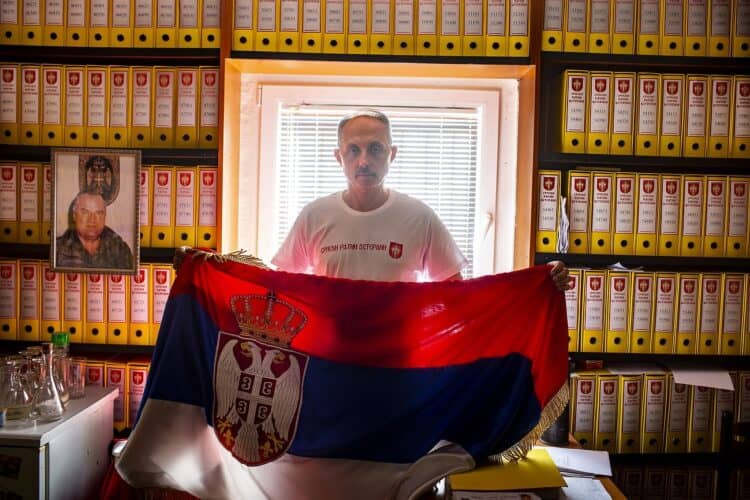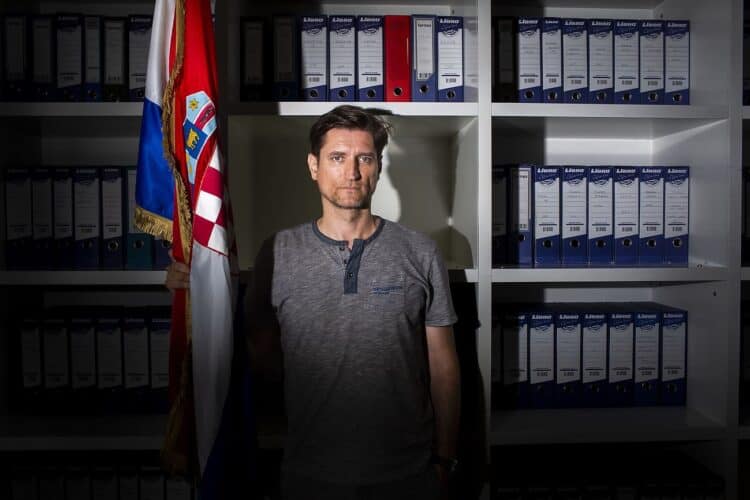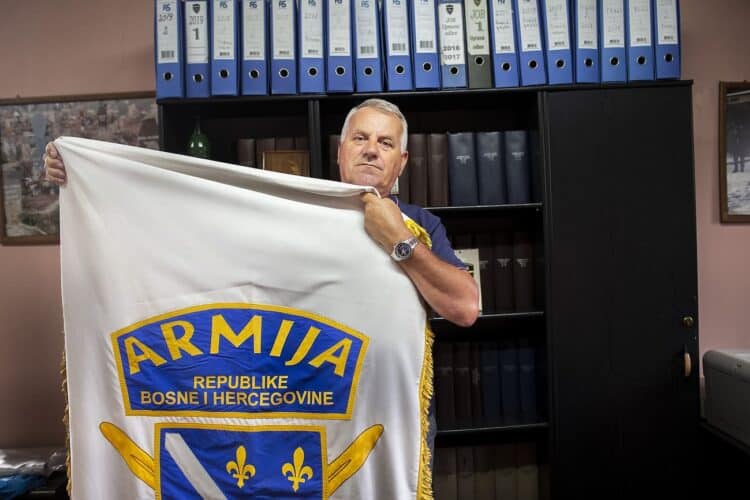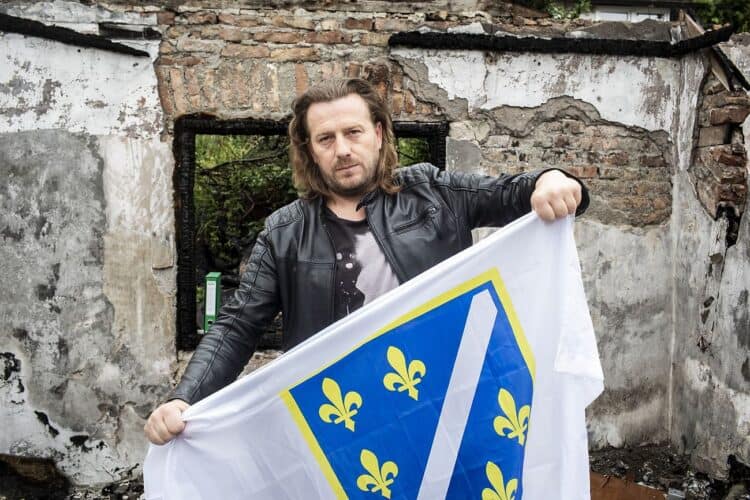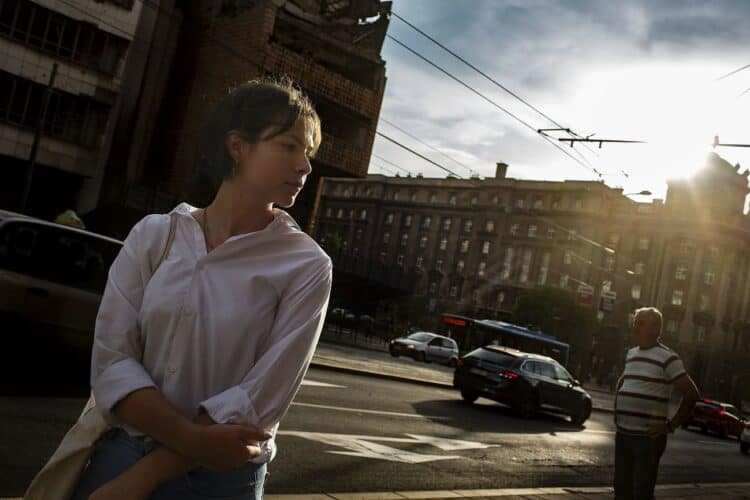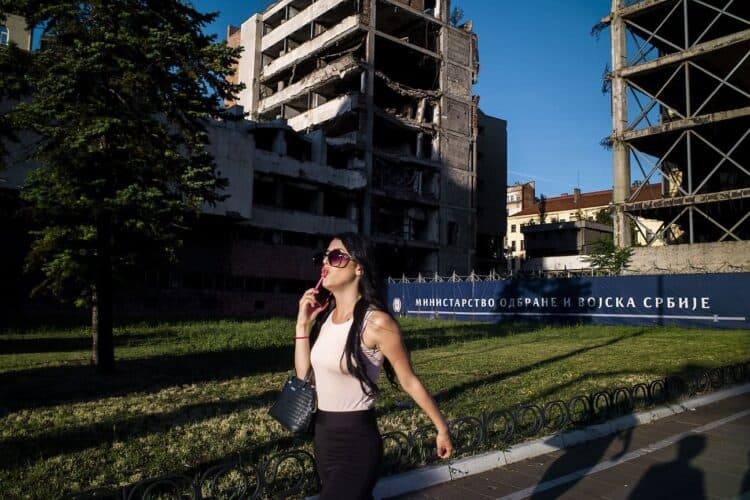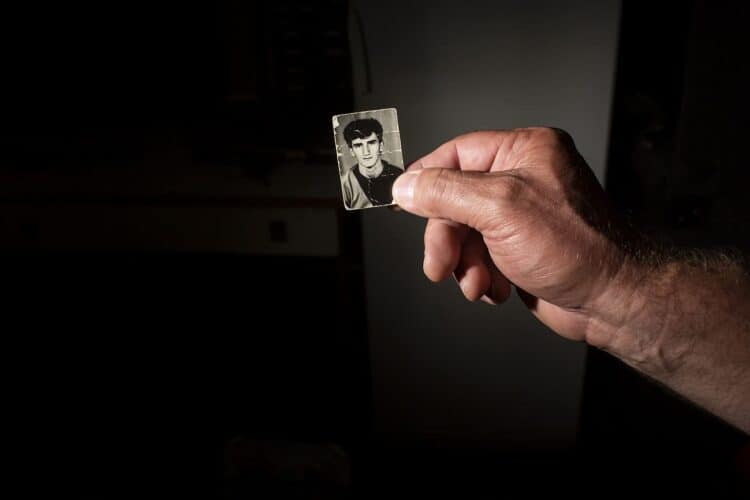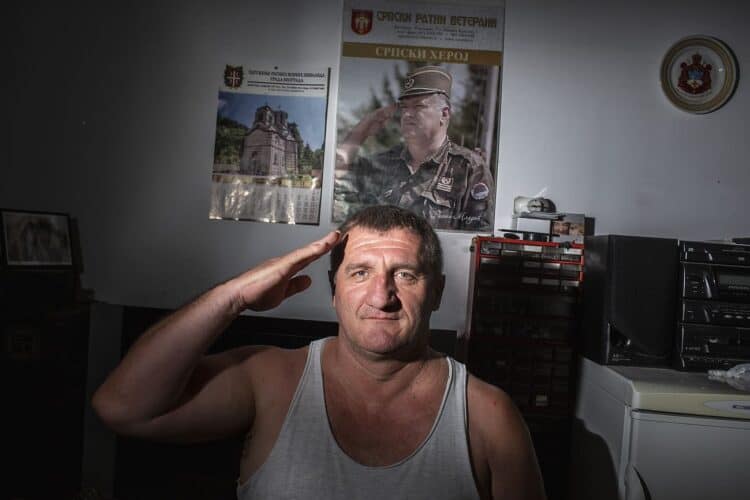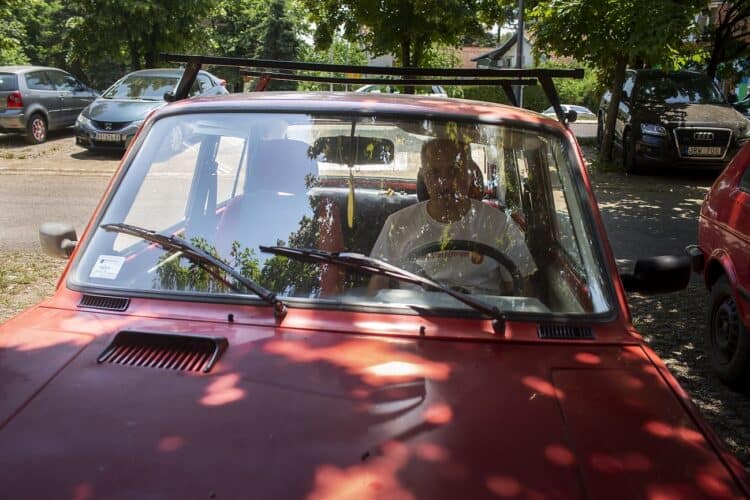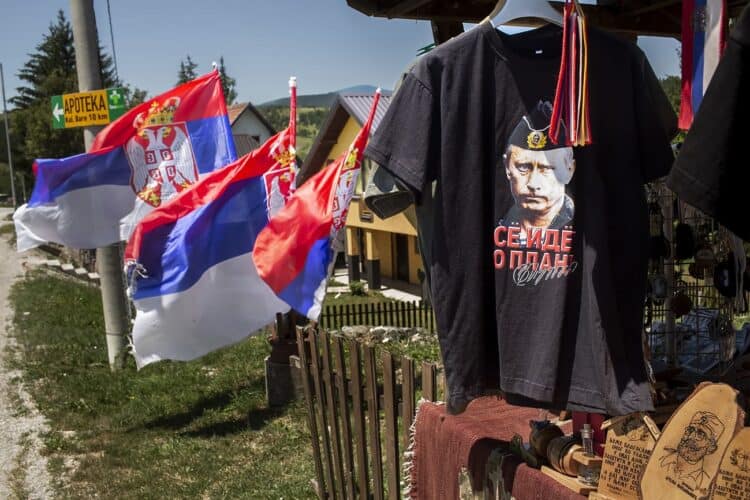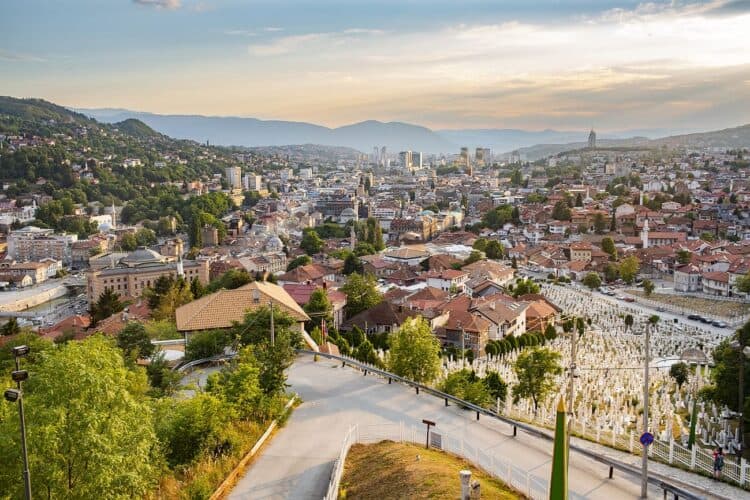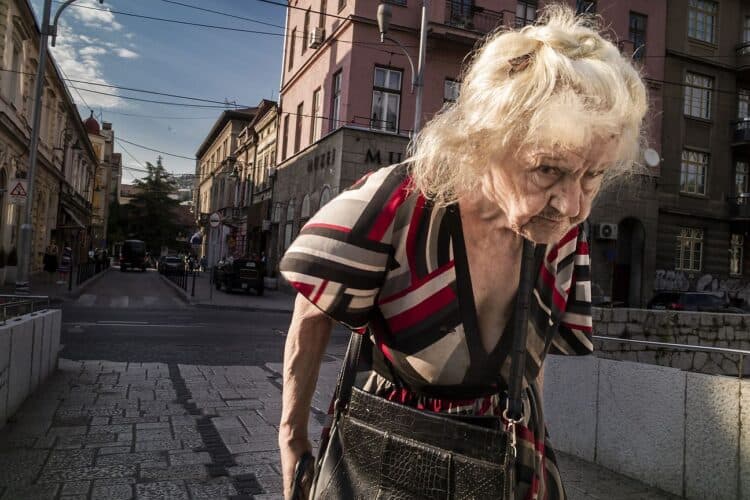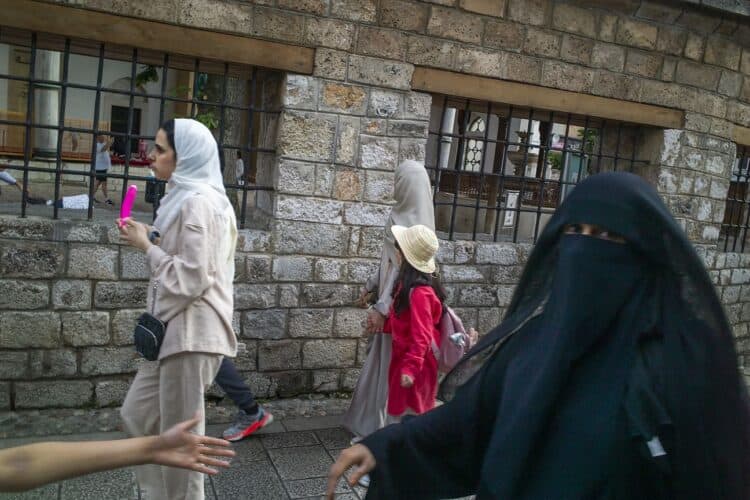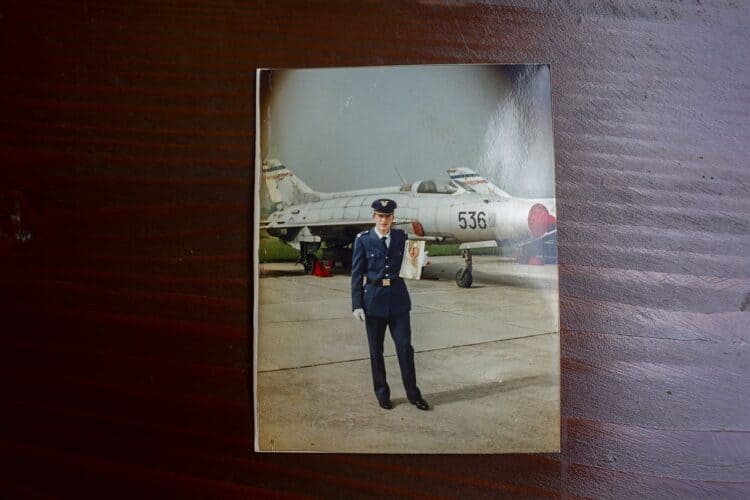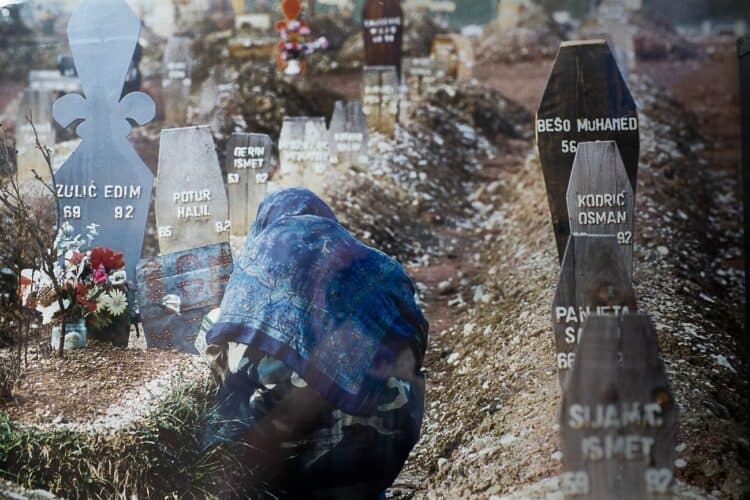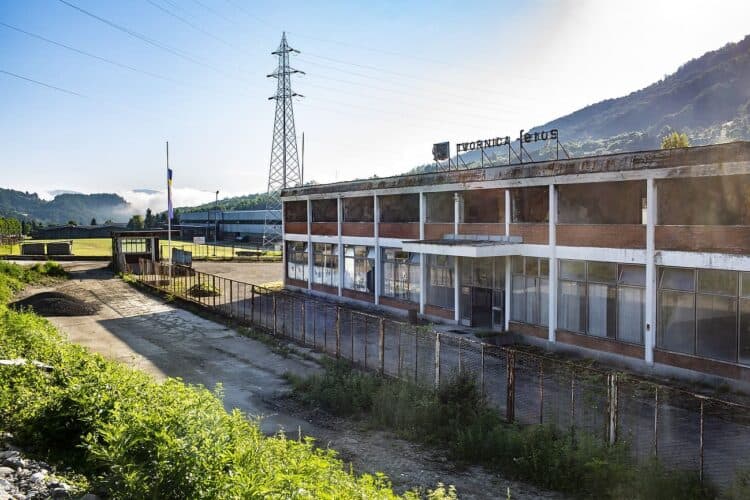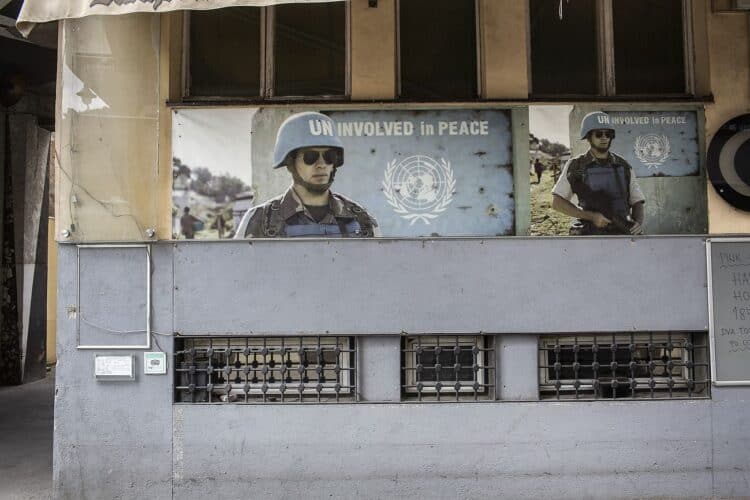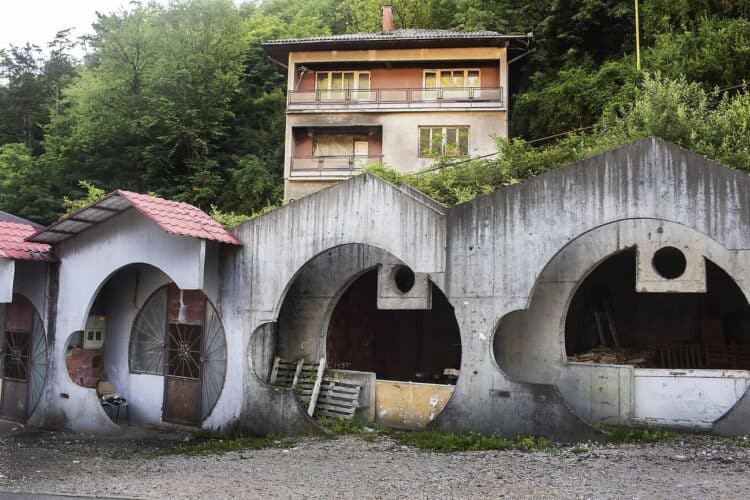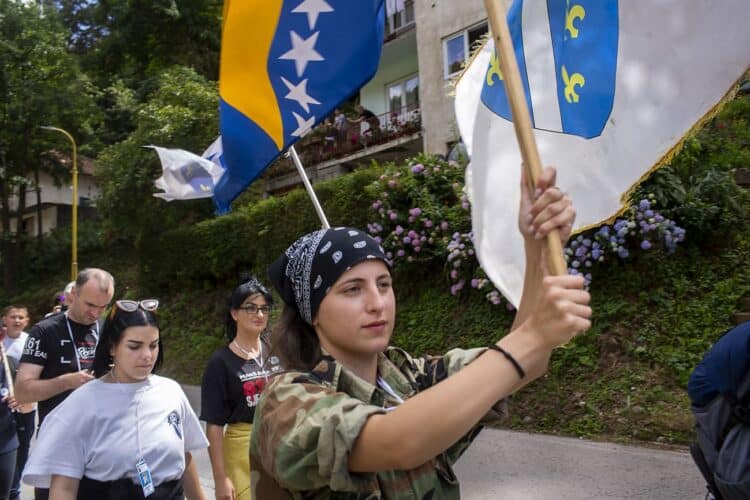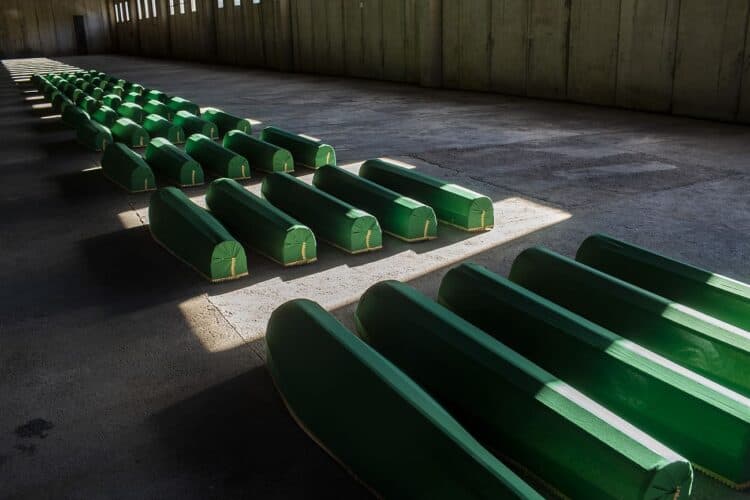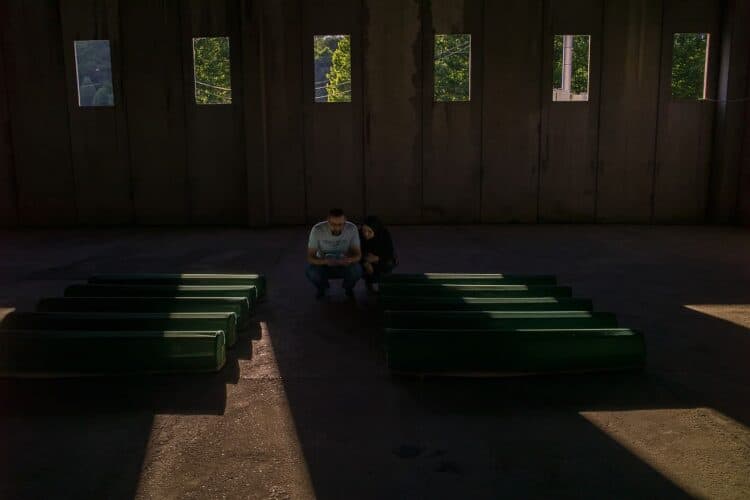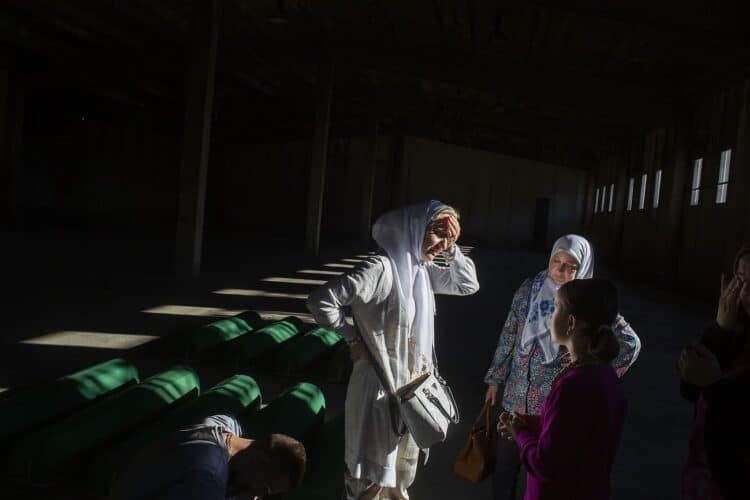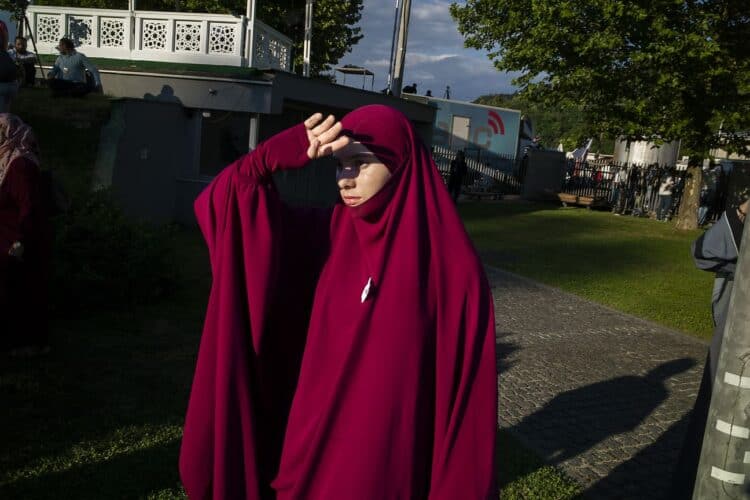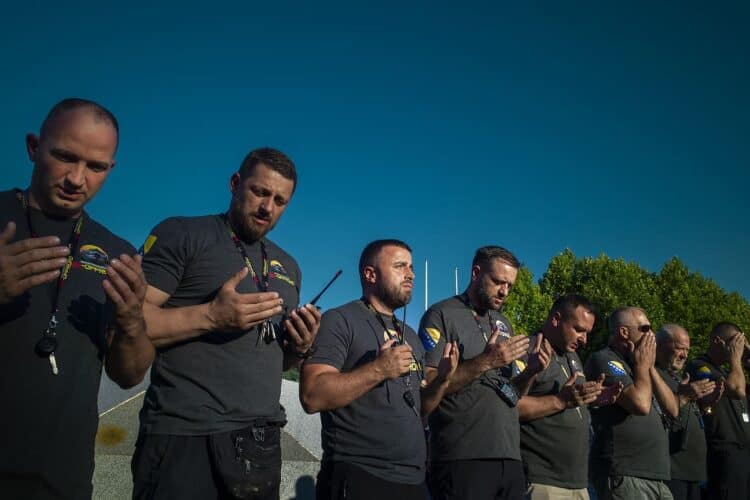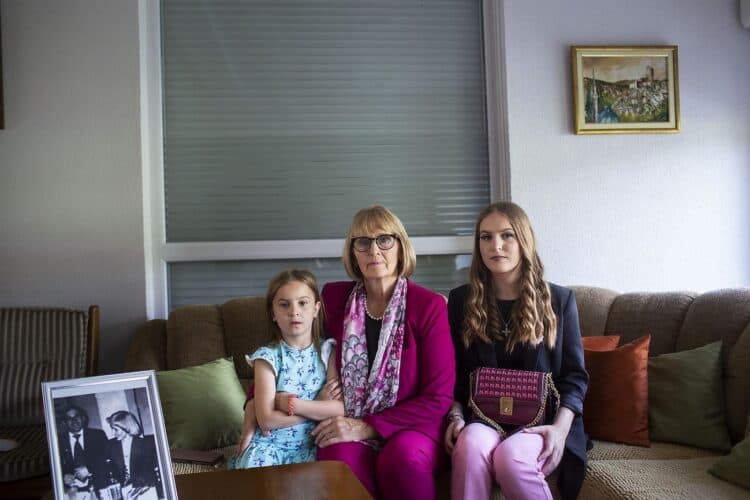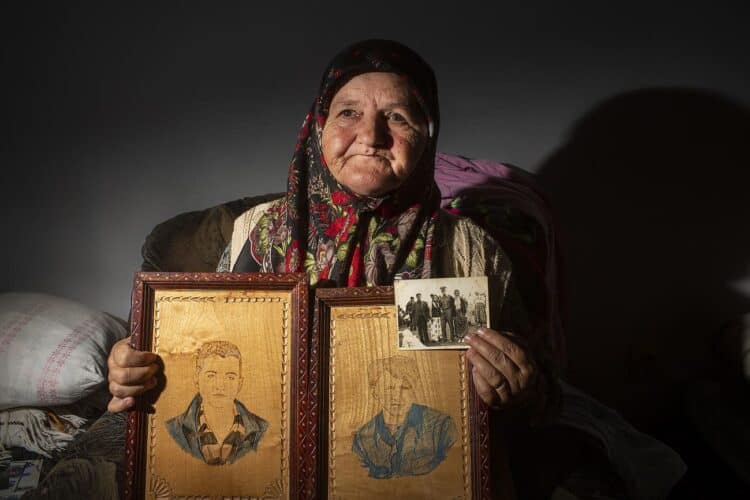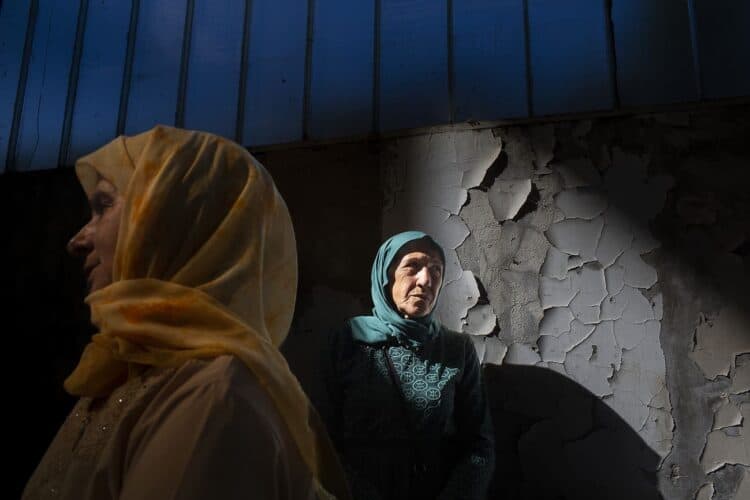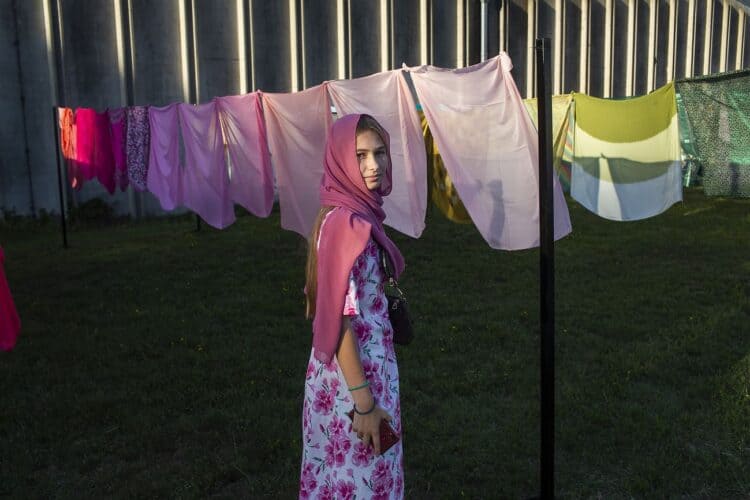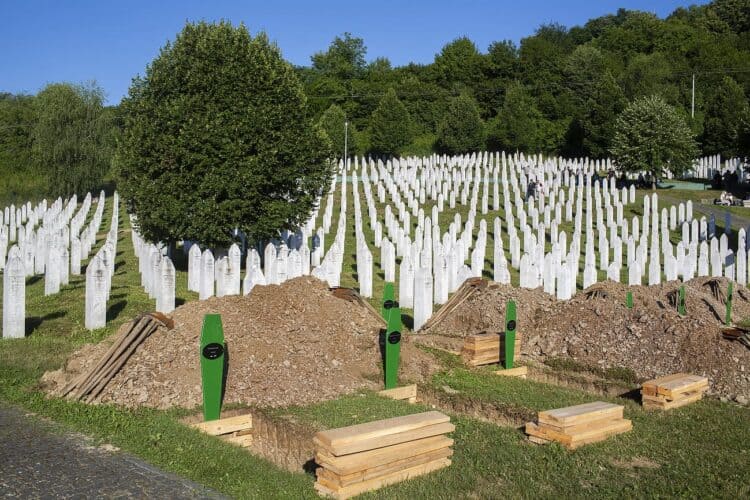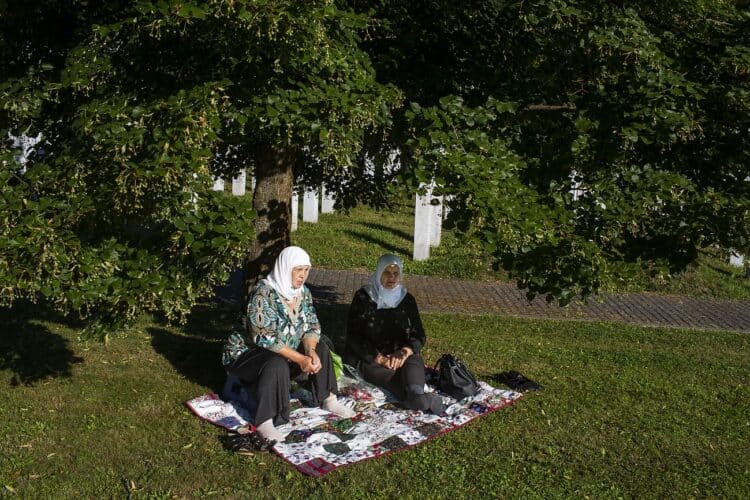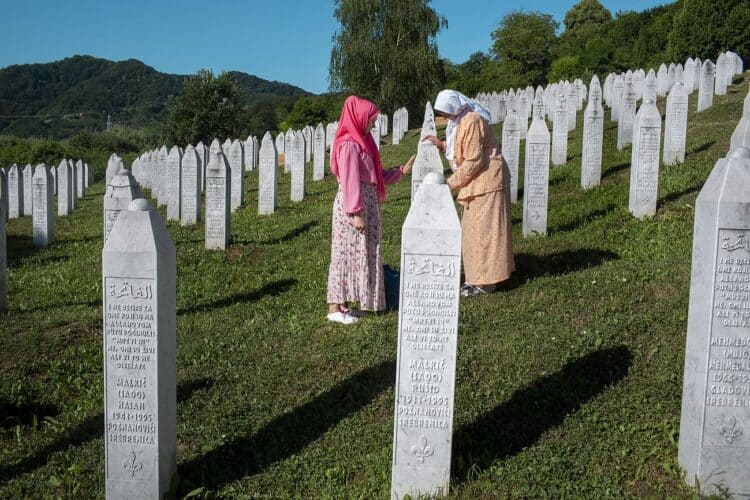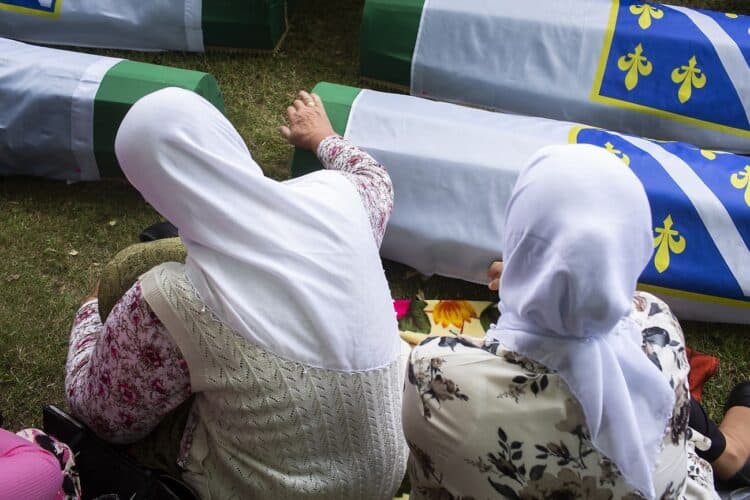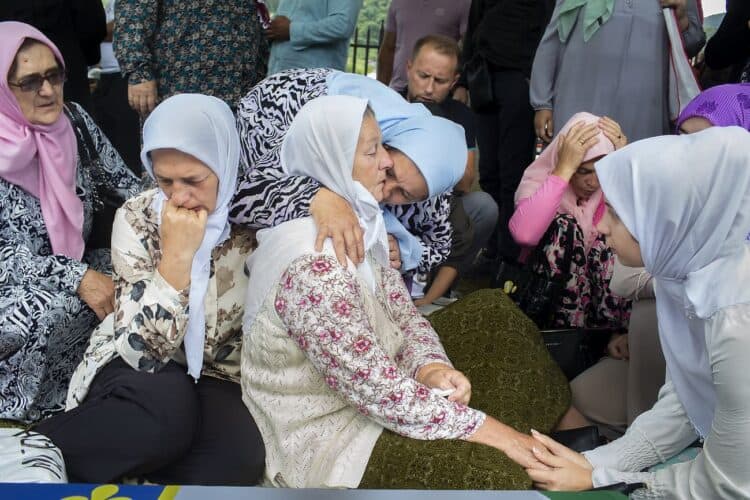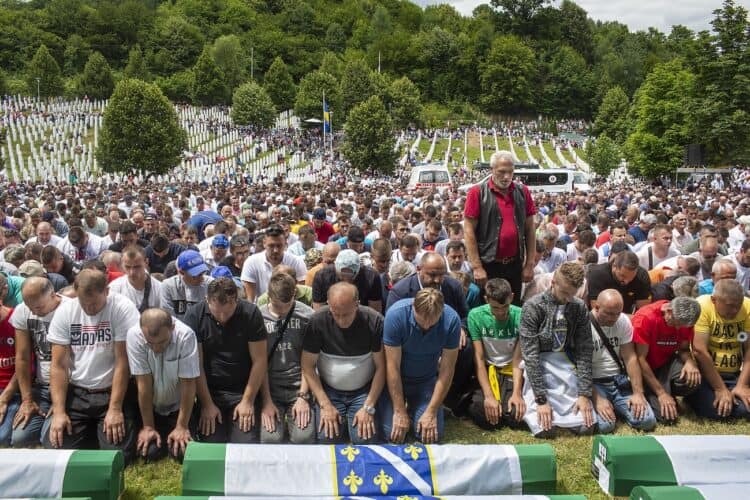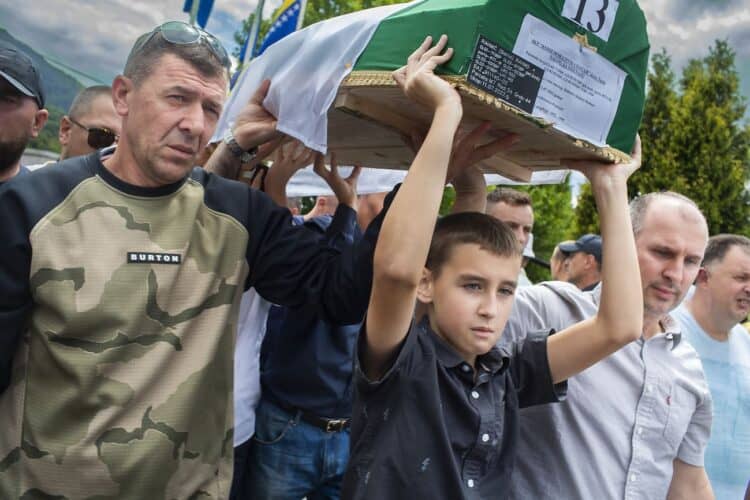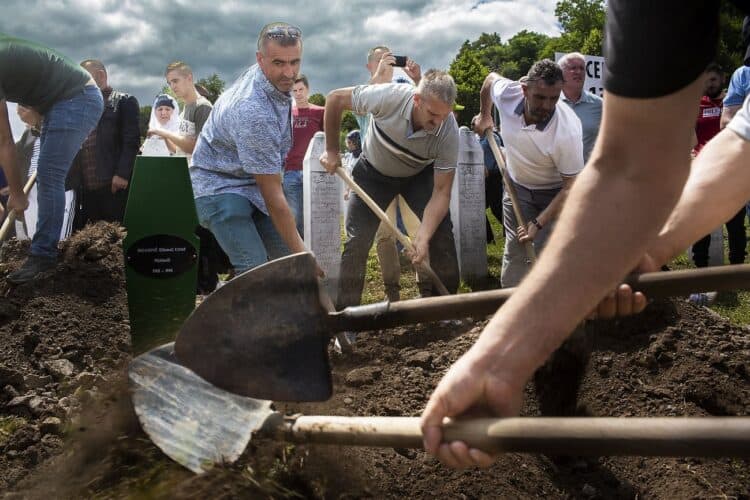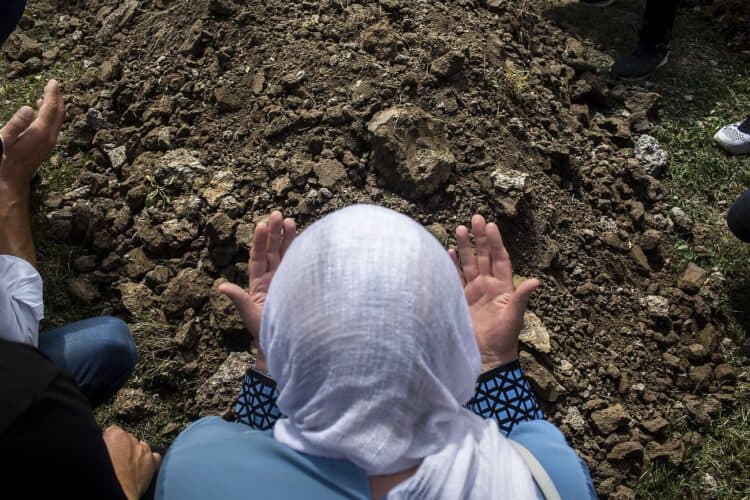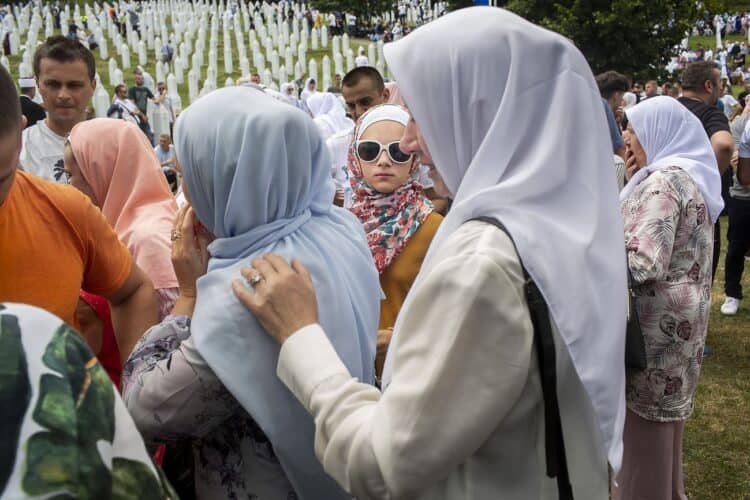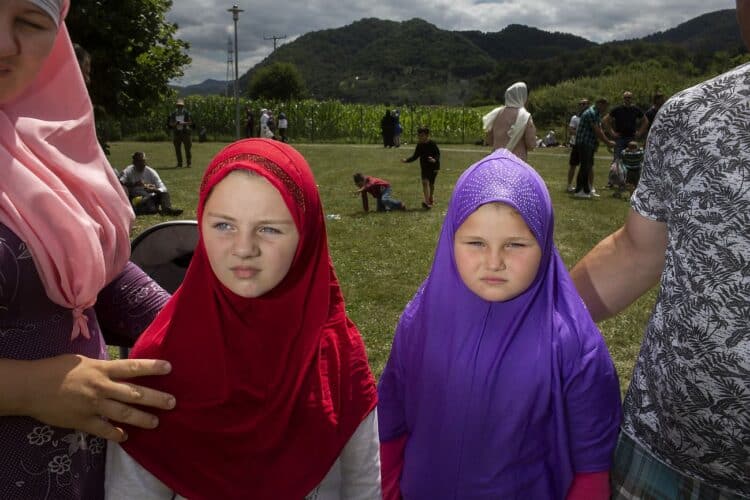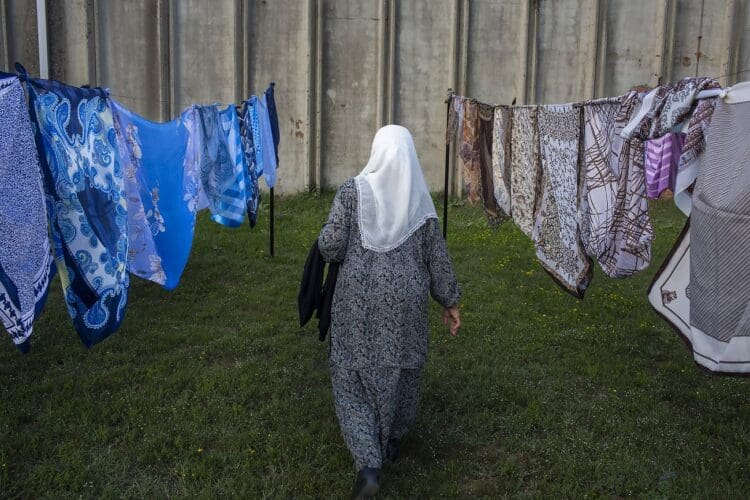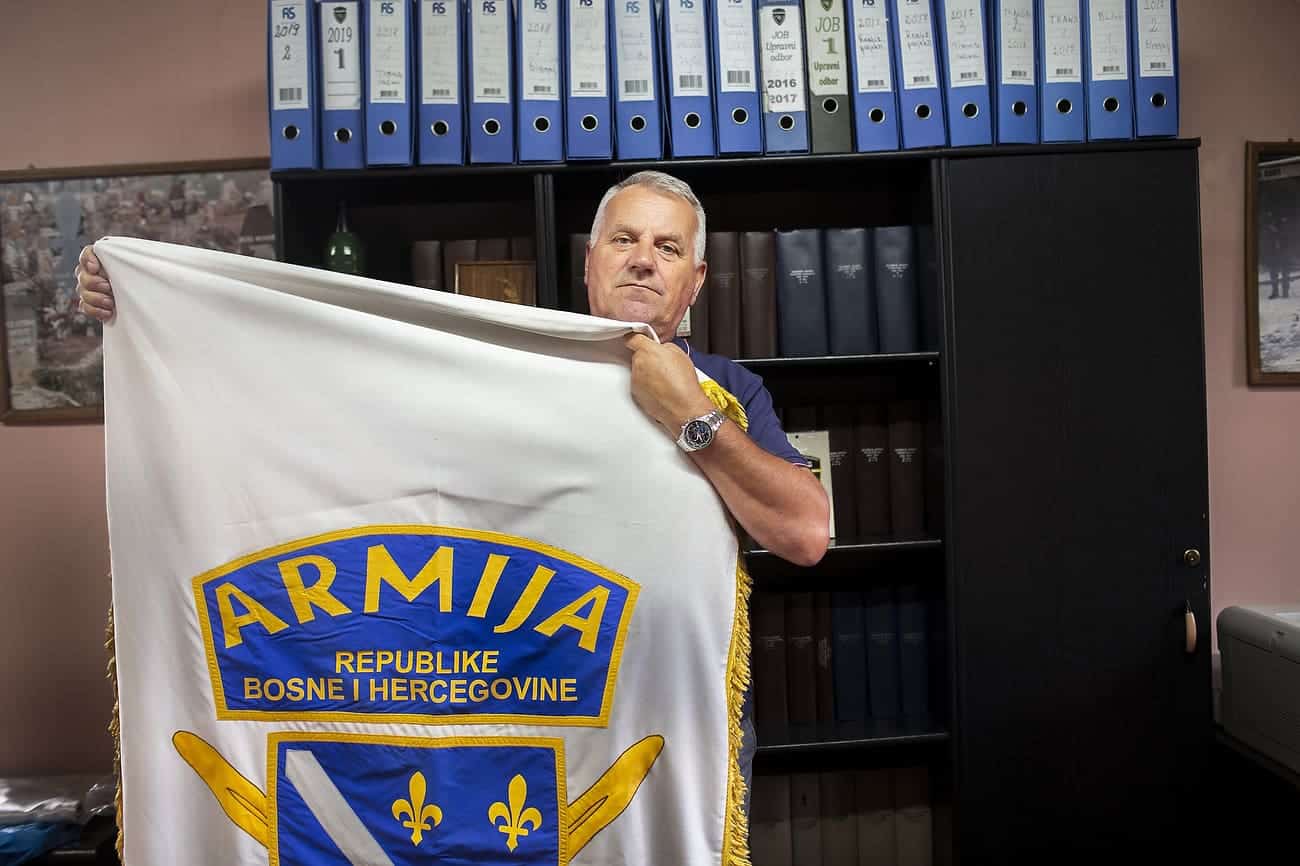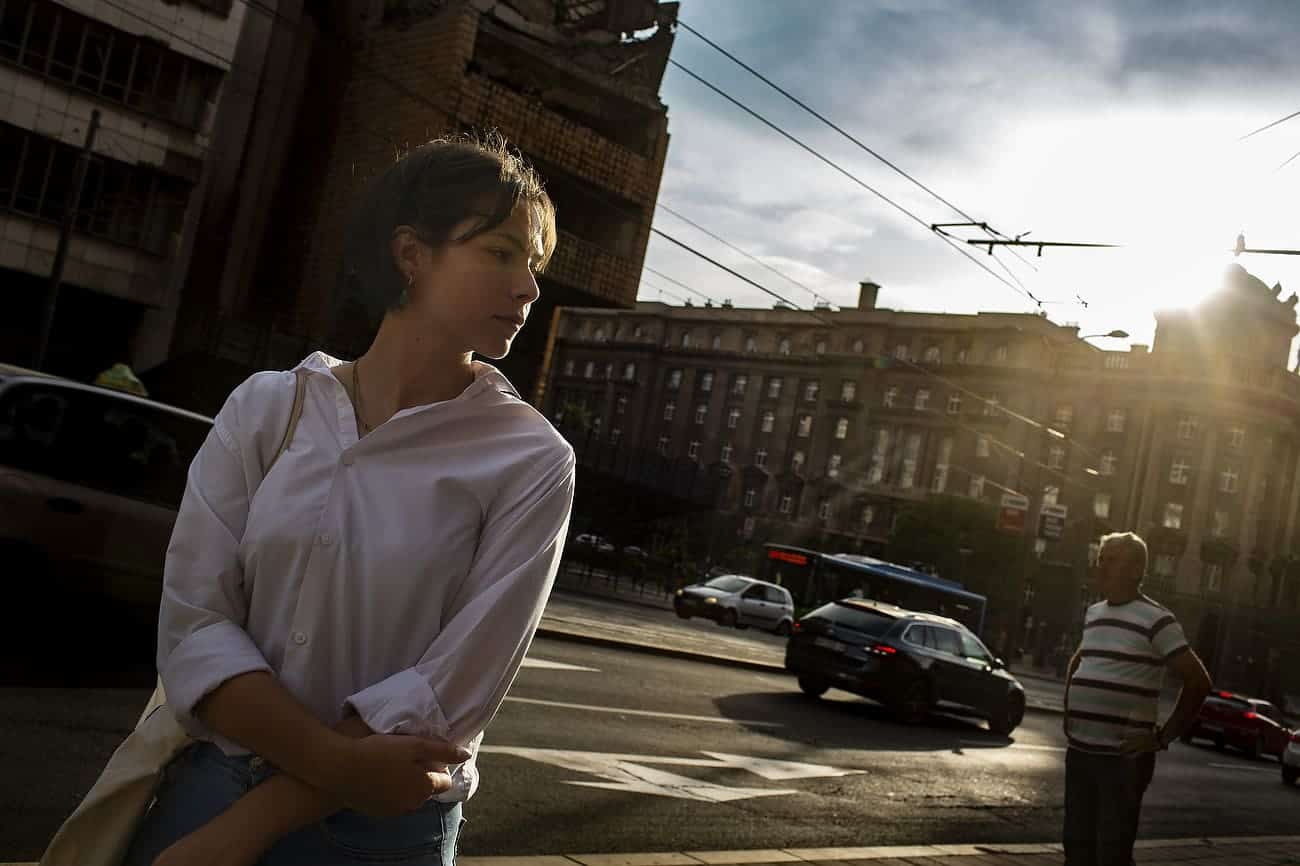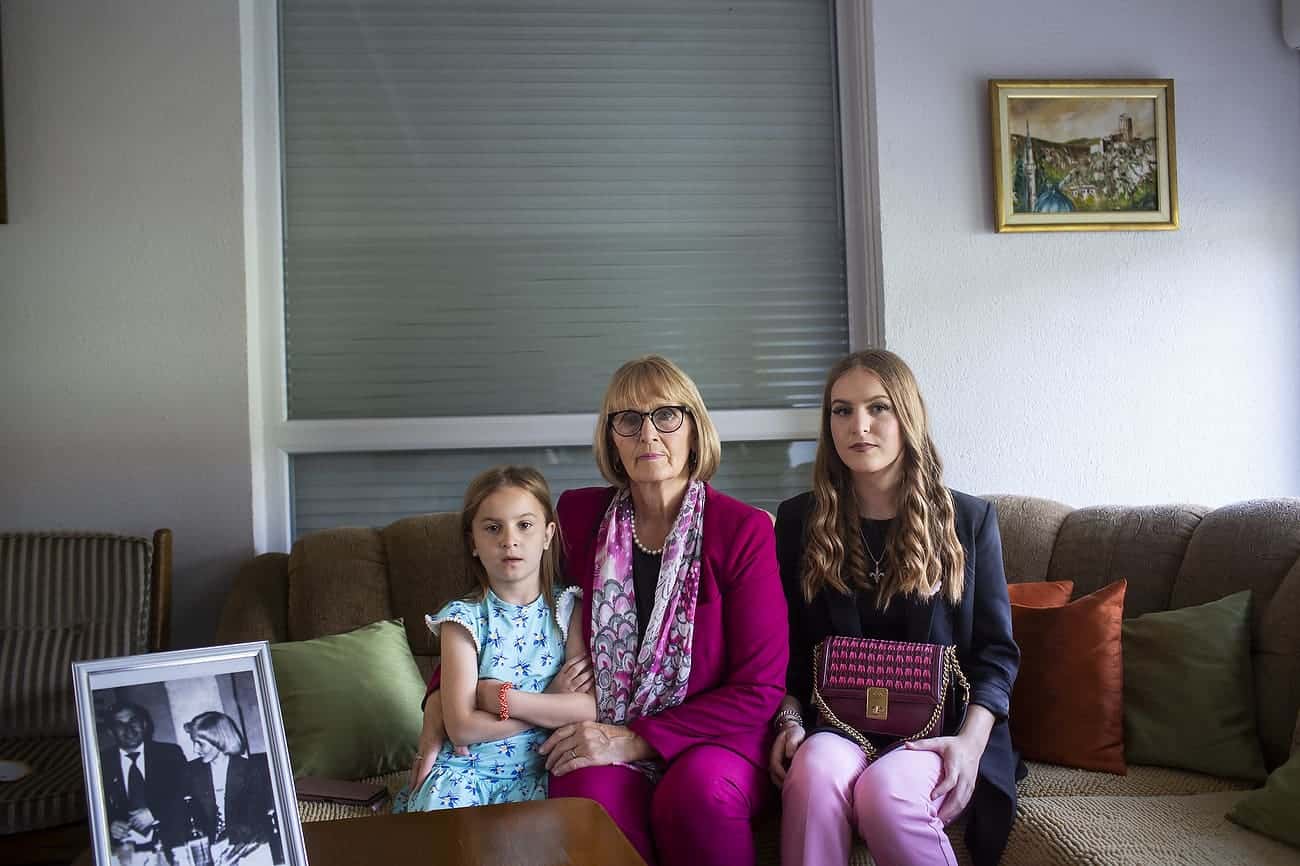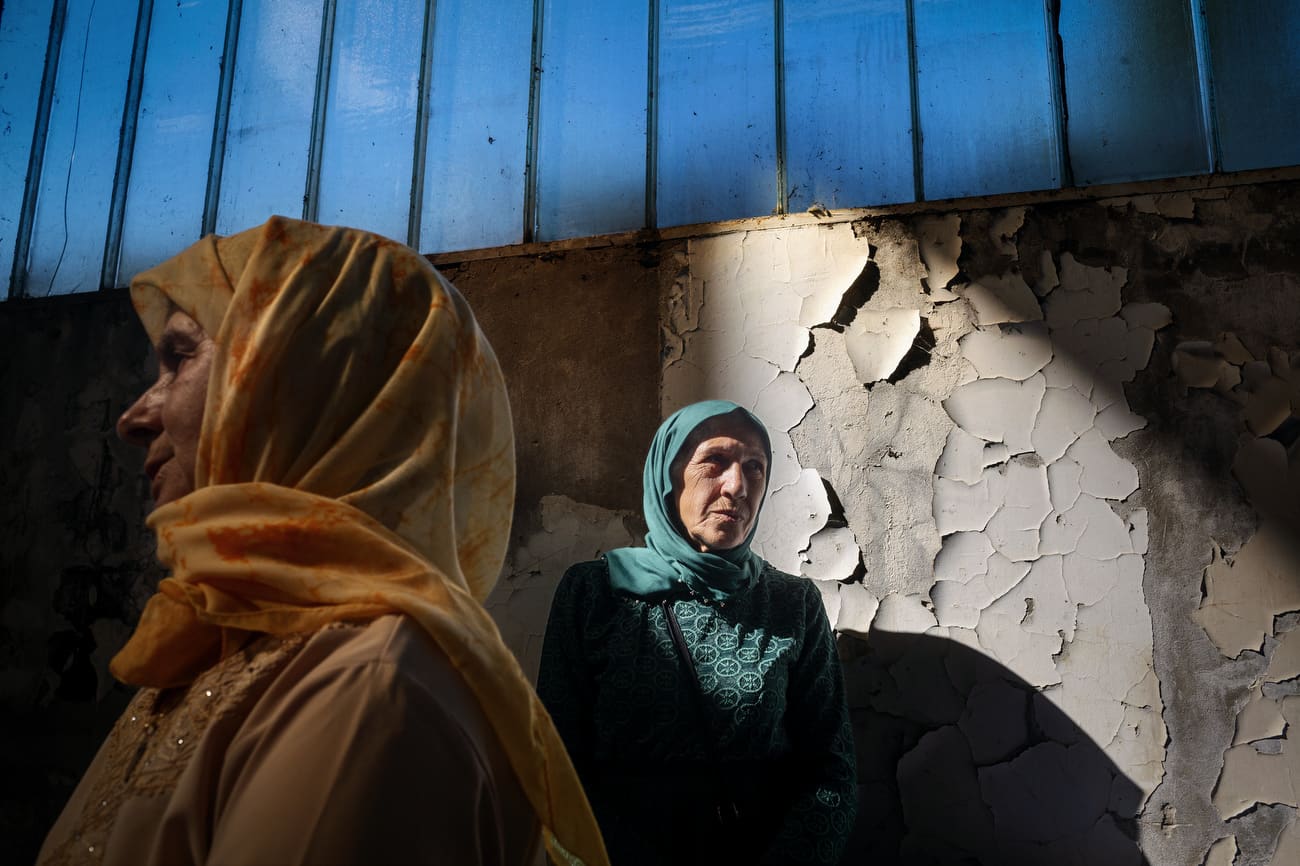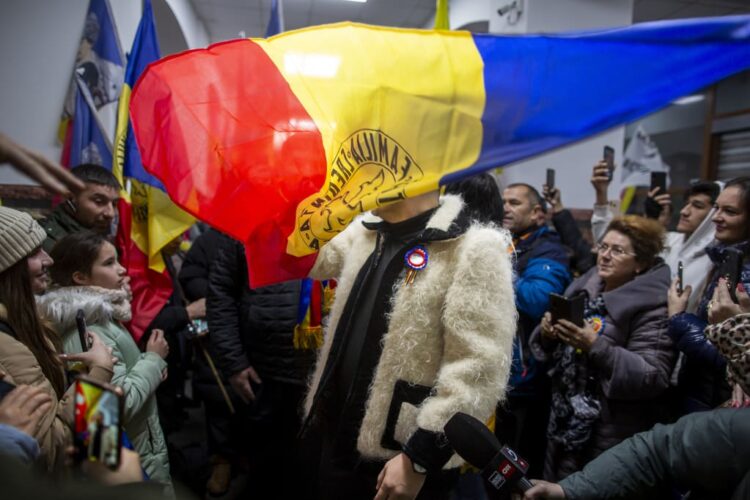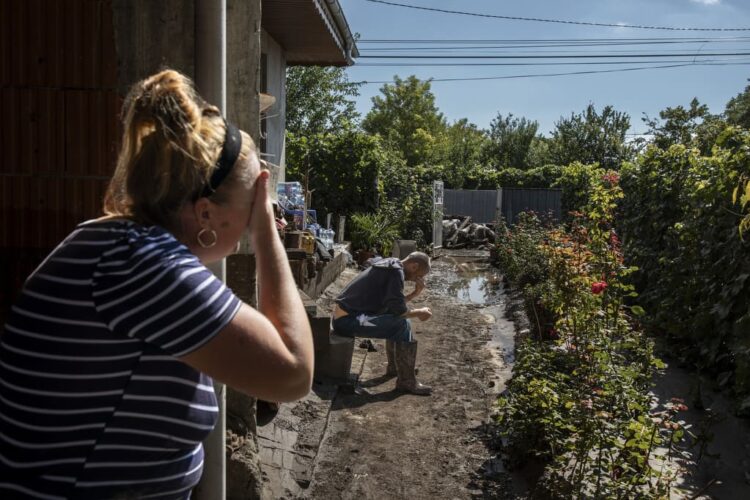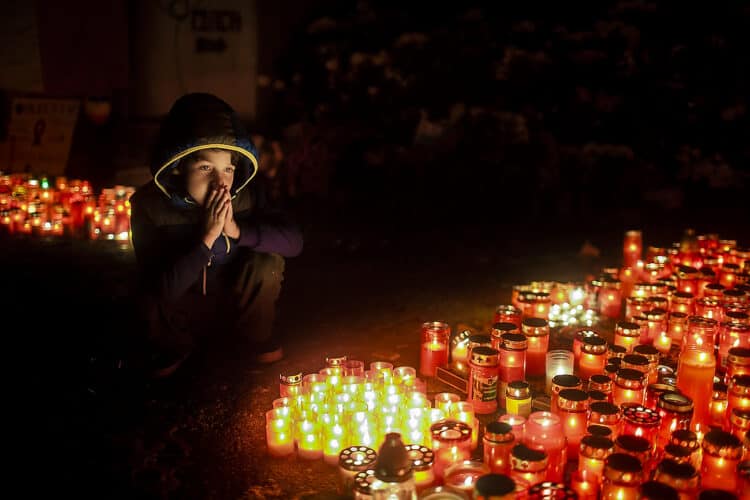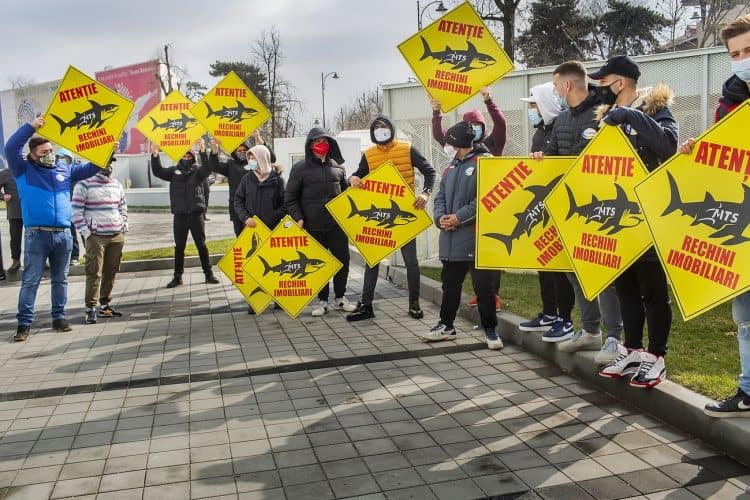For Yugoslavia, the year 1990 meant not only a break with the communist past, as it did in countries including Romania, Hungary and Poland. With the collapse of the Communist Bloc, the countries that made up the former Yugoslavia took advantage of the opportunity to assert their independence. Besides nationalist and populist ideals, the idea of decentralisation found favour with the new local leaders from every point of view. It’s one thing to take orders from Belgrade and another to make your own orders. It’s one thing to have a budget allocated to you, another to make your own budget. On the other hand, former President Milosevic understood how important it was, particularly for the Serbs, to cling to the idea of the Yugoslav Federation. As a promoter of continuity in his own political interests, Milosevic hoped to ensure that the Serbs retained their primacy.
Unfortunately, the two interests were incompatible. As a new Federation with the Croats or Bosnians didn’t make much sense, when the two countries showed their desire for independence, it put Milosevic’s back against the wall, thwarting his megalomaniacal plan from the outset. Faced with that unilateral decision, Milosevic felt completely powerless. Under normal circumstances, there would have been nothing he could have done to oppose it. The only way he could oppose it was to concoct an emergency as a pretext.
Like a drowning man, the pretext Milosevic clung to was the statement of Croat President Tudjman to the effect that he thanked God that he didn’t have a Jewish or a Serbian wife. Tudjman’s support for the former Ustaše leaders was also grist to Milosevic’s mill, who was stoking fears that the Serbs were in danger of extermination in Croatia.
Milosevic attempted to make use of the Croats’ fascist past to justify his actions. In the new European context, more than forty-five years after the end of the Second World War, Croatia could not have embarked on independence carrying the baggage of Nazi ideology and perpetrating another genocide. Moreover, it was obvious, in that same context, which side was the first to seek revenge. Young Serbs, lured into the snare of the Chetnik movement, now had the opportunity for the first time to avenge their grandparents murdered in camps run by the Croat Ustaše forces during the war.
The second pretext that Milosevic used was a complete fiction. Employing a simulacrum of logic, the same as Putin today, Milosevic tried to justify his actions by saying that just as the Croats could demand an independent state, the ethnic Serbs living in Croat territory could also demand an independent Serb republic, preferably one conjoined to a Greater Serbia.
This was how the Serbian Republic of Krajina emerged in Croatia and the Republika Srpska in Bosnia and Herzegovina.
In order to put a stop to the war, limited autonomy within an independent Croat state was offered to Serb separatists in Croatia. It was a compromise that Croatia didn’t want, but which it was prepared to make for the sake of peace. But the Serbs, blinded by the ideal of unification and enlargement of their territory, rejected it.
Under pressure from the Croat military’s Operation Storm, but above all as a result of the reckless or downright criminal actions of Serbs such as Milosevic, Hadžić, Babić, and Arkan, in 1995 it all culminated in the evacuation of Serb civilians from Knon, Benkovac, Obrovac, Drniš and Gračac. Around two hundred thousand Serbs, tricked by their leaders’ rhetoric or genuinely terrified of retribution for crimes committed in Vukovar and elsewhere, abandoned their homes and left for Serbia, Bosnia, and Slavonia.
‘The Hague Tribunal showed that there were written orders whereby the Serb forces used human shields,’ says Emil, who brings into the discussion the fifty-kilometre column of civilians mixed with soldiers and political leaders forced into exile by the leaders of the Serb separatist republic themselves.
Paradoxically, for various reasons, but mainly thanks to the will on the part of civilised countries to put an end to the genocide as quickly as possible, the Republika Srpska still exists in Bosnia today.
